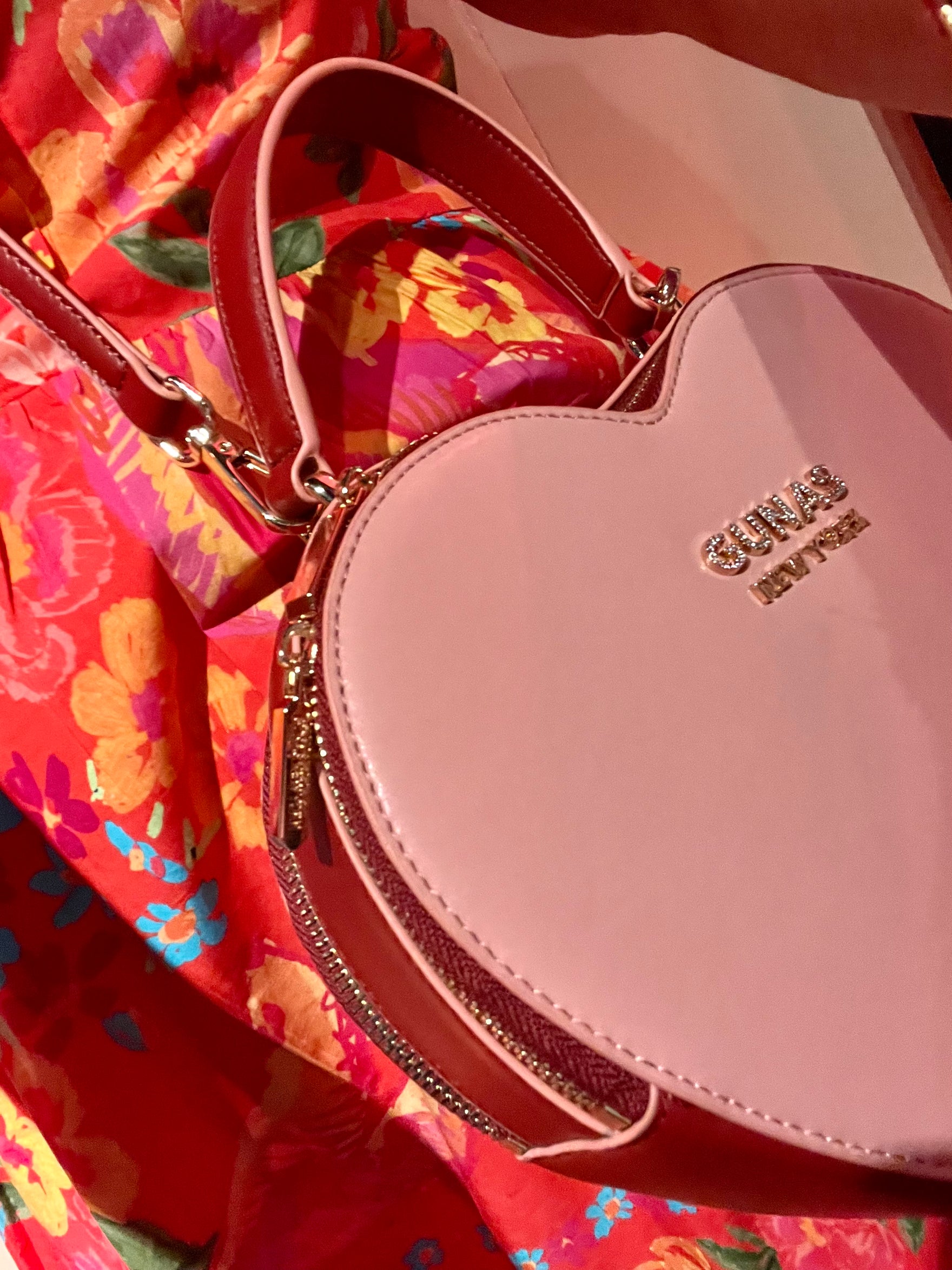Sustainability matters in fashion for several reasons:
-
Environmental Impact: The fashion industry has a significant environmental footprint. It consumes large amounts of water, energy, and raw materials, while also generating substantial waste and pollution. Sustainable fashion aims to reduce these negative impacts by adopting practices that minimize resource consumption, promote recycling and upcycling, and minimize pollution and waste generation.
-
Climate Change: The fashion industry is a significant contributor to greenhouse gas emissions, mainly through the production and transportation of clothing. Sustainable fashion aims to reduce these emissions by implementing cleaner and more energy-efficient production methods, promoting local sourcing, and minimizing carbon-intensive transportation.
-
Natural Resource Depletion: Fashion relies on finite resources such as water, land, and raw materials like cotton, leather, and petroleum-based synthetics. Sustainable fashion aims to use these resources more efficiently, explore alternative materials (such as organic cotton or recycled fibers), and support regenerative agricultural practices to mitigate the negative impact on ecosystems.
-
Social Impact: The fashion industry has been associated with unethical labor practices, including low wages, unsafe working conditions, and exploitation of workers. Sustainable fashion seeks to improve the welfare and working conditions of garment workers, promote fair trade principles, and support ethical manufacturing processes.
-
Consumer Awareness and Demand: With increasing awareness about the environmental and social impact of the fashion industry, consumers are demanding more sustainable and ethical products. Brands that prioritize sustainability can attract environmentally conscious consumers, build trust, and differentiate themselves in the market.
-
Circular Economy: Sustainable fashion embraces the concept of a circular economy, which aims to minimize waste and keep products and materials in use for as long as possible. This involves practices such as designing for durability, offering repair and recycling programs, and encouraging secondhand or rental options, all of which contribute to reducing waste and promoting a more sustainable consumption model.
By considering sustainability in fashion, we can work towards reducing the industry's negative impact on the planet and its inhabitants, fostering more responsible and ethical practices throughout the supply chain, and creating a more sustainable and equitable future for the industry and society as a whole.

